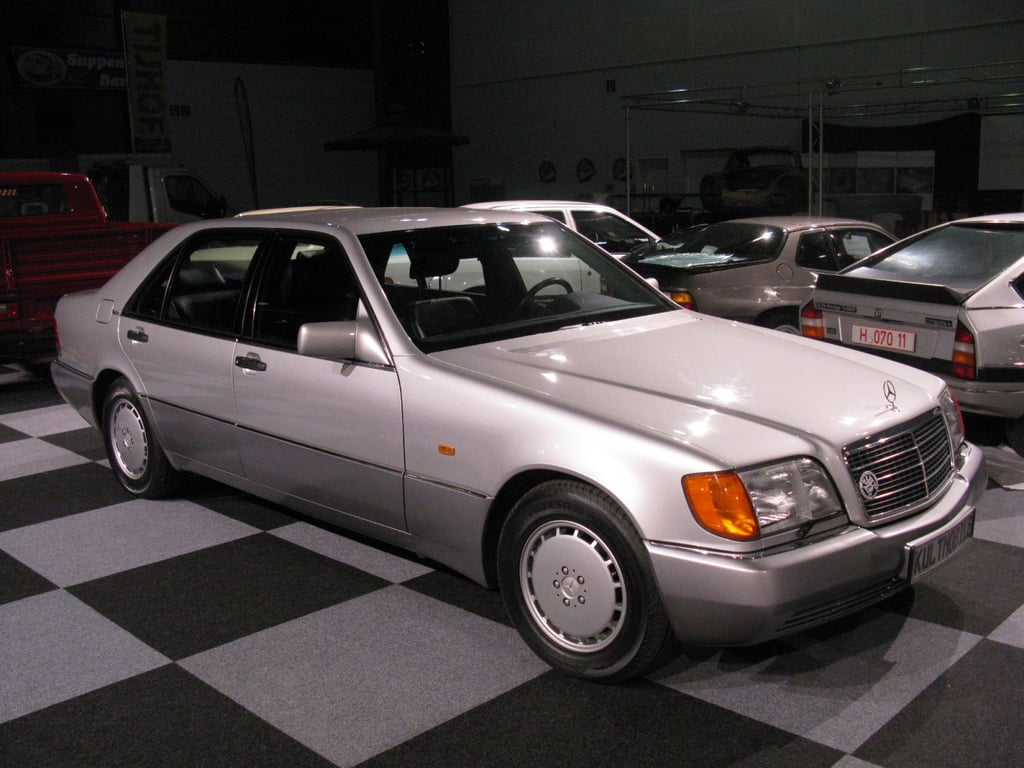Everyone can name an operating system from a computer or smartphone – but what about a car? Few of us realise that we’ve technically been driving with them since the first electronic control units (ECUs) in the early 1970s.
More comfort and safety functions led to more control units. Since the introduction of the so-called CAN (controller area network) bus system in the early 1990s, control units can be networked with each other.
At that time, the Mercedes S-class W140 was the first car with a CAN bus system. Today, compact cars have between 30 and 50 networked computers and luxury class vehicles typically have between 70 and 100.
Toralf Trautmann, a physicist and professor of automotive mechatronics at the University of Applied Sciences in Dresden, Germany, explains the advantages of connected systems: “Additional features can be easily integrated, which allows a wide range of variants and possible combinations.”

Manufacturers are increasingly relying on digital ecosystems and cooperative ventures to offer additional services such as keyless entry, remote diagnostics and battery preheating for electric cars.
